“As we examined her hand and foot, we noticed certain physical traits,’ the labor and delivery nurses informed my mother shortly after my birth.
‘She has a few fingers and toes missing.’ A doctor was called in to conduct a thorough examination and rule out any additional abnormalities. Despite the distinctive features in my appearance, my health has always been robust. In the following years, I underwent several surgeries aimed at reconstructing my hand and foot, enhancing their functionality for everyday activities.
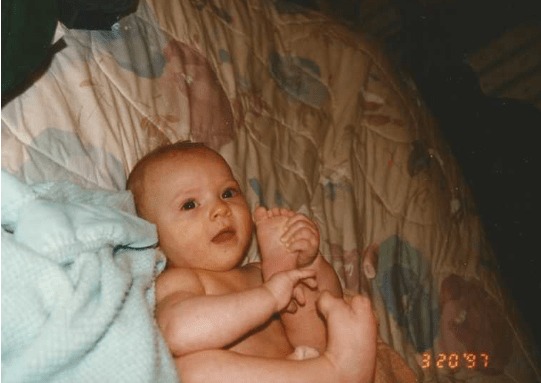
Who shared it with me. I came into this world with syndactyly, commonly referred to as a cleft hand and foot. Syndactyly presents itself as a split hand or foot, often with certain digits missing. In my case, I was born with significant gaps between my fingers and the absence of a middle finger on my right hand.
Similarly, my right foot displayed a division, where the toes on both sides fused together. Geneticists determined that my condition was not influenced by any external factors but rather stemmed from a mutation in my DNA. It’s ironic to be a mutant without any extraordinary abilities.
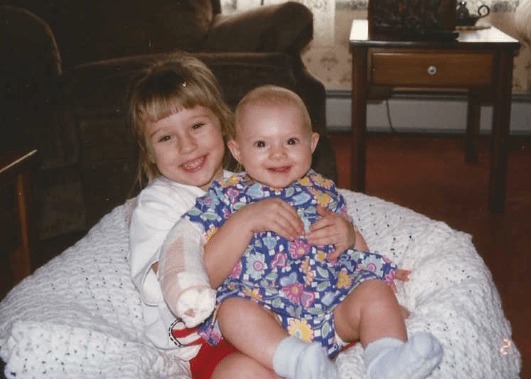
I reached all of the developmental milestones that I should have. My mother claims that I used my right hand for everything as a newborn until I had surgery at the age of six months. I adjusted and became a lefty, which I am still to this day.Lauren Marple provided the image.I had never felt different from anyone else until I finally did.
Other youngsters frequently inquired as to what was wrong with me. They questioned why, and I had the same thoughts. I’ve been picked on over the years. And it was then that I recognized I was ‘different.’ In middle school, a girl spotted my hand and shouted aloud as if she had seen a monster.
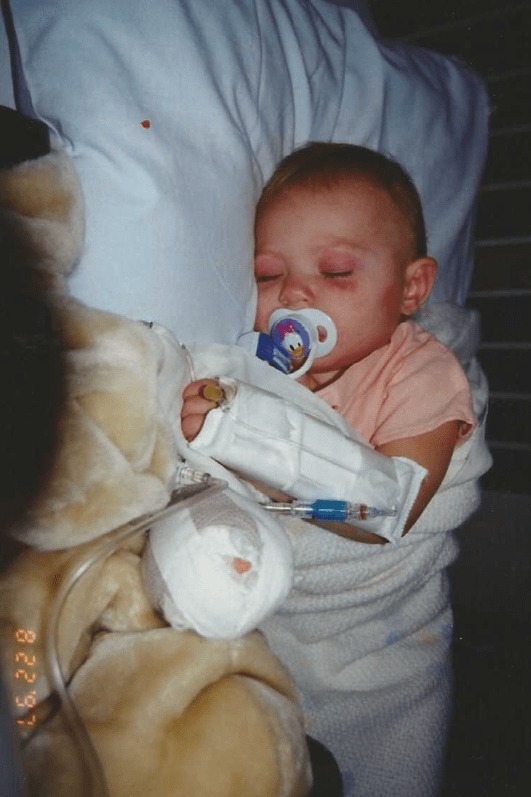
Some of the males disliked me because it was ‘strange’ not to have all of your fingers. In early high school, I was required to take a typing class. Every day, I sobbed because I was failing. Because I couldn’t pull it off. When I begged for assistance, my teacher advised me to compensate as if I could just sprout another finger and do better. It’s challenging to be different from everyone else, but being psychically unable to perform something is far more difficult.
I was crying in the middle of the shoe store with my mother because the shoes I wanted to buy didn’t fit. I attempted to cram my huge (really two-toed but grown together) big toe into those adorable sandals with just a small hole for your big toe. And I was having a nervous breakdown. ‘WHY CAN’T I JUST BE THE SAME AS EVERYONE ELSE?!’ I knew I had the ideal mom when she would help me look for a pair of shoes that were ‘just as cute’ and had room for my ‘bump,’ which was the bunion on my foot that grew as a result of my disease.
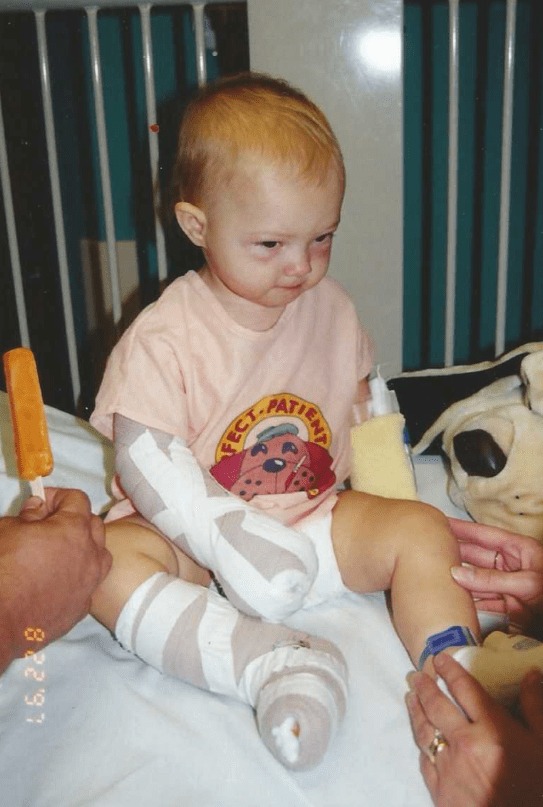
A bunion is a painful bulge on the first joint of the big toe – and believe me, it’s excruciatingly unpleasant. I had to wear big shoes my entire childhood to accommodate the uncomfortable lump on the side of my foot, yet I still went around barefoot most of the time.
I’ve always aspired to be a professional athlete. I tried basketball, soccer, track and field, and softball. Unfortunately, the bunion on my foot caused so much discomfort that I was unable to participate in sports. And my hand made it difficult for me to throw or catch. Then I discovered what I was ultimately good at: swimming. I’d spent years of my life in the pool, and I finally felt like I could do something normal.
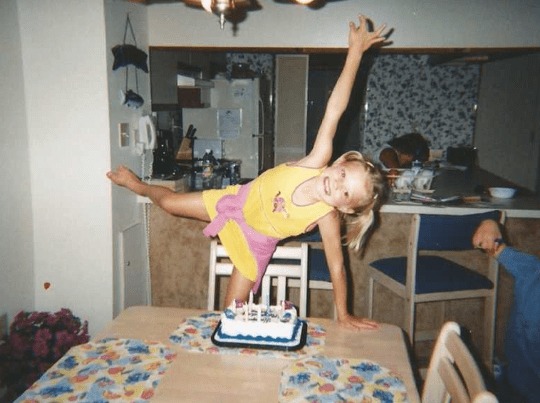
I struggled with anxiety in high school. I wasn’t happy with how I looked. I didn’t feel like I belonged or that I was good enough. I did a good job of concealing it. I concealed my emotions and my flaw. No one would have guessed the cheerful, bouncy Lauren was in pain the way I was. I struggled with public speaking and was terrified of being judged.
I was never able to be the person I desired to be.Despite my struggles with feeling different, I had the best support system imaginable. My mother had driven me to every visit and sat by my side during every surgery. She went from doctor to doctor, even when they couldn’t help me or couldn’t see me. She had to witness my agony and did everything she could to help me.
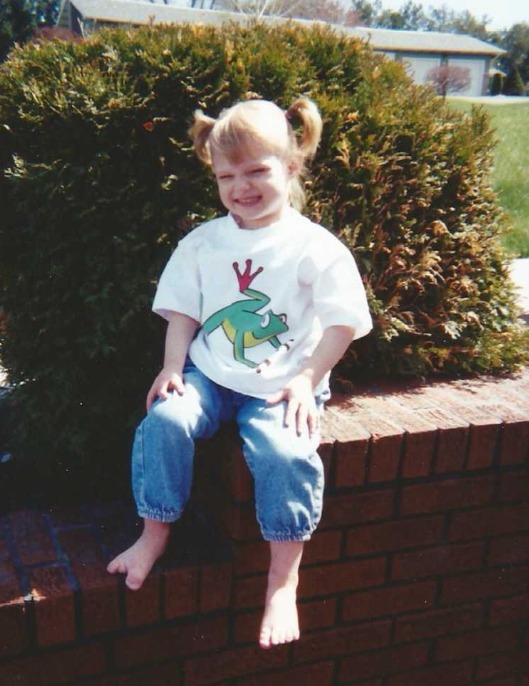
When I was sick from anesthesia following my surgery, my father hugged me. And he constantly demonstrated to me that he believed in me and that I was capable of accomplishing anything. I also discovered an incredible organization called the Lucky Fin Project, which supports people with limb differences and shares the tales of others like me.
This takes me to today. After grieving for a year because I failed typing class, I’m typing this to tell my tale. I excelled in school and went on to college to study healthcare so that I could help others. I’m a respiratory therapist. I faced numerous challenges in school and my first year of employment. I had to learn how to perform ABGs, intubations, and other respiratory procedures’my way.’
After years of feeling different and condemned, I discovered that differences don’t actually matter. I recently shared a photo on Instagram of myself wearing my Lucky Fin Project shirt and displaying my hand. The number of people who knew me but had no idea I was different or had a congenital abnormality was incredible.
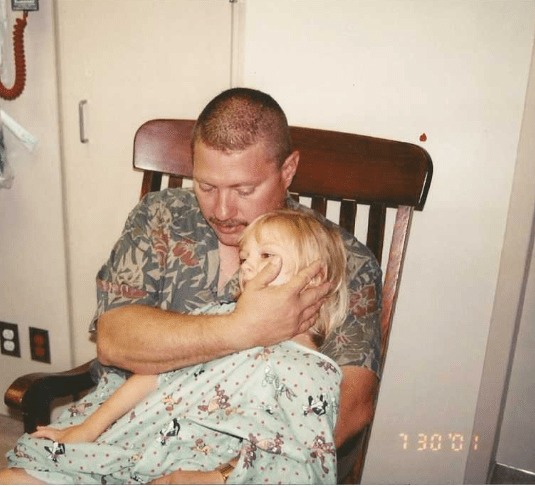
The encouragement I received from the comments let me realize that I had been living with all of this dread and guilt of being different, and that people believe I am beautiful regardless of what I think is wrong with me.
